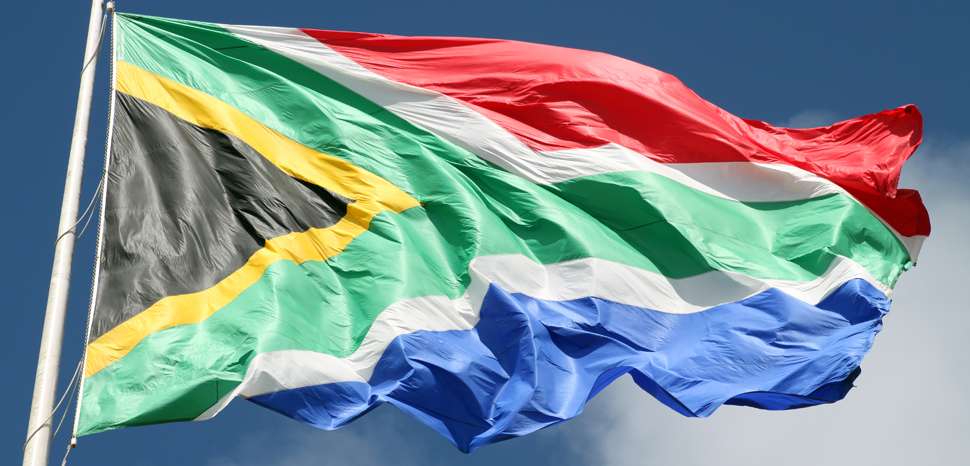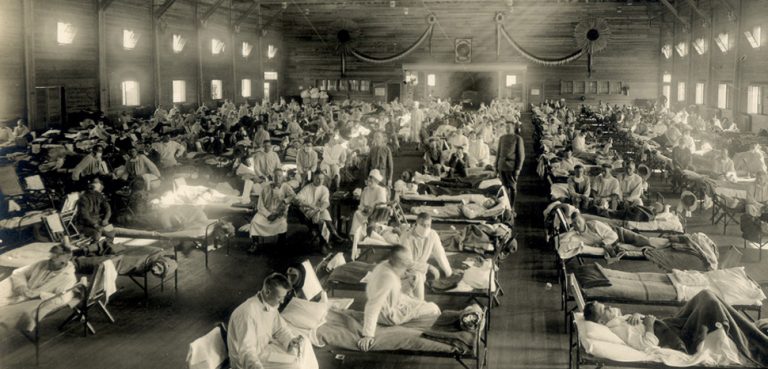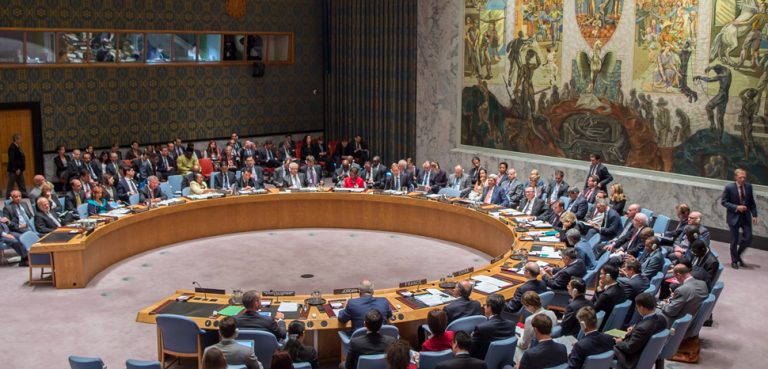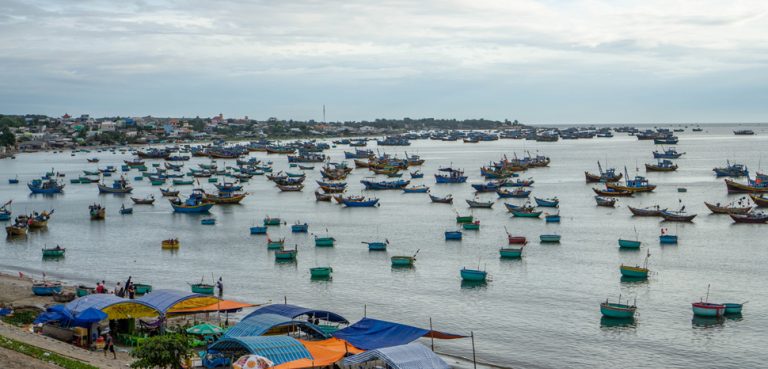The South African state of disaster has been evolving since its declaration on March 15th. Following local and global acclaim for its responsive, science-based approach, the government has come under increased scrutiny for its turn toward command and control. Following the extended 35-day lockdown, President Ramaphosa announced a staged relaxation which paradoxically included strict limitations which were not part of the preceding ‘hard’ lockdown. For the first time in its democratic history, South Africa is under a nightly curfew. While the global health pandemic associated with COVID-19 may be novel, the government’s response appears awfully familiar. Different as the situations may be, to understand the present one should turn to past.
Since 1994, South Africa has abided the post-Cold War international order to pave its path along Western liberal norms. The newly elected liberation party assumed the power of government at a time when it had little choice but to accede to these prevailing internationalist truths. It could either stand secure inside a global arrangement of states which ensured wealth and privilege along mandated rules and lines of thought or it could perilously go at it alone.
Based on hegemonic international practices and due to the injustices and vagaries of country’s brutalized past, the ANC sought to salvage the state it inherited in accordance with the international system; it gave up an element of sovereign independence, chose to reconfigure its revolutionary strategy and became a casualty of its time by acquiescing to fantastical ‘end of history’ persuasions. South Africa chose indirect governance over direct government.
This approach to power is captured in the dogma of ‘good governance,’ the conformity to a set of prescribed indicators of administrative best practice; a managerial approach to political authority. Good governance does not interrogate peculiarities, nor is it based on the lay of the land. Instead, it accedes to specific standards. Having never executed power, the ANC alliance assumed leadership by following.
Through efforts to advance the rights-based democratic ideals which gave expression to the Constitution, it pursued development along international governance norms. The constitutive initial phase of democracy, characterized by consultation, policy formulation and institutional consolidation adhered to this dogma. Government’s aspirational approach aligned to the aspirational character of the new Constitution. The modalities of good governance were, however, as foreign to the ANC as they were to South Africa. In according international norms, the history of the state was suppressed.
When Nelson Mandela assented to the presidency, a new nation was not birthed. The South African state remained; it was given another life. This is the reason the Economic Freedom Fighters (EFF) rebuffed Fw de Klerk’s presence at the SONA earlier this year. This was no argumentum ad hominem. It was a politically astute move to delegitimate the government. It charged the ANC with ruling over the state of De Klerk. By rejecting the government’s legitimacy, its authority over law and order, the EFF seeks to bring down the edifice upon which government rests. Potentially portending a move toward coup d’etat, it presciently recalls the architecture and history of the state. While the ANC government prefers to limit the debate about the history of the state, the EFF critically reminds South Africans of their history. It invokes an awakening to the history of the state.
To accurately perceive the frenzied national condition, South Africa needs to shed the veil of ignorance that conceals the history of the state.
The late 1970s saw the introduction of a total national strategy that was legitimised by what the state labelled a total onslaught; today benignly referred to as the ‘struggle.’ These analogous approaches shaped the national order which emerged in 1994. The total national strategy as laid out in the 1977 White Paper on Defence called for a “comprehensive plan to utilize all the means available to a state… A total national strategy is, therefore, not confined to a particular sphere, but applicable at all levels and to all functions of the state structure.”
As was the case under the total strategy, today’s concern is security. Security oriented government by decree is being justified in the fight against the nebulous COVID-19.
The ominous rise of the ambiguous National Coronavirus Command Council begs serious questions. It reminds of how under the total national strategy, power moved from cabinet to be concentrated into the State Security Council and later the National Security Management System. Vigilance must persist against decreed rule by selective committees.
Whereas the pragmatic Prime Minister PW Botha essentially portrayed the role of a crisis manager, today the similarly astute administrator Nkosazana Dlamini Zuma, regarded by some as a sort of Prime Minister, rules by regulation. Botha was obsessed with security; to maintain law and order Botha insisted upon an expanded militarisation despite the government recognition that there was no military solution. Today command and control again reign supreme. Reminiscent of the 1980s, the defence force is again (mainly) wielding sjamboks in townships. With more than 70 000 troops deployed to maintain law and order, South Africa is clearly no longer in the domain of governance, it has returned to statist government. The state is again seeing a total strategy whereby the resources of war are mobilised at political and economic levels. What really is the perceived threat upon which government’s strategy is based? Is the defence force called upon because the state is fearful of its ability to maintain trust and legitimacy? Is it facing a potential loss in law and order? Though the virus is new, South Africa has been here before.
The ongoing state of exception presents a Manichean situation whereby claiming one’s rights, one necessarily stands outside the law. The threat of a normalised state of exception is the temporary if not permanent loss of freedom. In the words of famed American whistle-blower, Edward Snowden: “a virus is harmful, but the destruction of rights is fatal.”
South Africa’s bewilderment has largely been based on the perception that there is no precedent to demonstrable state control. COVID-19 may be novel, but limitation, South African government by regulation, is not. There is an urgent need to wake up to history, to view the past in order to discern the present. While the ANC government has consulted widely and the state of exception is administered under the relevant Act, any limitation of rights and privileges must be challenged. Learning from the past, South Africans must be cautious of securocrats’ use of security as a central means of government.
The views expressed in this article are those of the authors alone and do not necessarily reflect those of Geopoliticalmonitor.com or any institutions with which the authors are associated.




